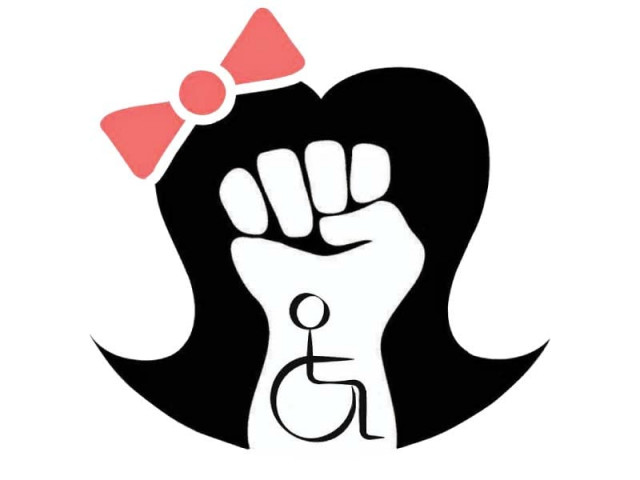Global effort: ‘Differently-abled women need rights, not charity’
UN Women, Handicap International decide to increase recognition of PWDs

Global effort: ‘Differently-abled women need rights, not charity’
UN Women Pakistan, a United Nations organisation dedicated to gender equality and empowerment of women, and Handicap International entered into a partnership to work together to increase the recognition of persons with disabilities (PWDs) as rights holders, decrease vulnerability, stigma and discrimination associated with disability.
PPP vows to empower specially abled people
They will try to increase the capacity of Disable Persons Organisations (DPOs) to help them generate evidence and engage in protecting the rights and support delivery of services for PWDs at provincial and national levels.
The initiative will specifically focus on creating awareness and linkages with relevant institutions, generating access to services and support.
An implementing partner agreement for this initiative ‘Moving from Charity Model to Rights Based Work – Delivering as One for Empowerment of Women with Disabilities (WWDs)’ was signed by UN Women Country Representative Jamshed Kazi and Handicap International Programme Director Angelina Robinson in a ceremony on Thursday.
World Health Organisation estimates that about 15 per cent of Pakistan’s total population, over 30 million are differently-abled people. Around 50 per cent of PWDs are women, of which 70 per cent live in rural areas with no or limited access to essential services.
Funded by the UN Partnership on the Rights of Persons with Disabilities (UNPRPD), this two-year joint project will be implemented in close collaboration with International Labour Organisation (ILO) and UN Volunteers (UNV) in three districts of Peshawar, Karachi and Islamabad.
The pilot project will work closely with the Ministry of Human Rights, other government bodies, civil society, industry, corporate and private sector, potential employers, academia, and technical and vocational training institutions to make efforts for increased accessibility of work places to WWDs in terms of physical access, capacity building, entrepreneurship opportunities, as well as addressing the behavioural and social barriers and stigmas attached to WWDs that hinder their equal opportunities and participation.
Delivering his welcome remarks, Jamshed Kazi said: “The specific needs of women and girls with disabilities have long been ignored, compelling them to live on the margins of society. We need to make sure they have the right environment in which they are free to exercise their civil and political rights, access basic services and are provided with an opportunity to learn, and subsequently find gainful decent employment.”
While pointing out towards the gaps in legislation and implementation of disability inclusive practices at national, provincial and district level, he stressed the need for clear policies including the obligation to collect disaggregated data in all services, on accessibility, participation and inclusion of PWDs.
“To leave no one behind, the women and girls of Pakistan must be placed at the centre of all our efforts, especially those focused on mainstreaming and the wellbeing of women and girls with disabilities.”
Angelina Robinson said: “Understanding the massive needs of excluded populations in Pakistan, including people with disabilities and specially women with disabilities, Handicap International is long aware that change cannot be brought on by just a single organisation working in silo, it can only be done collectively. Therefore, we are today entering into this partnership to work together with UN Women on an integrated and meaningful approach for making Pakistan a better place for women with disabilities.”
No woman, minority member in new K-P cabinet
Special Talent Exchange Program (STEP) Coordinator Abia Akram said: “We have witnessed the discrimination, violation and stigma that differently-abled people face every day. It is very important to build the capacities of organisations enabling them to mainstream and accommodate PWDs within their programmes.”
Lawyer and Human Rights Activist Khadija Siddiqui, who was invited as the guest speaker to the ceremony, said: “I really appreciate the approach adopted through the project theme, from charity-based model to rights-based model, because I believe it’s time for women to stand up for their rights.”
Recalling her own ordeal of surviving a brutal knife frenzied attack and then her consequent fight for justice, Siddiqui insisted that women must face challenges with the utmost strength and courage.
Amama, a hearing impaired motivational speaker, and Saima Aslam, a woman with disability, also shared their stories and thoughts with the audience.
Published in The Express Tribune, August 31st, 2018.


















COMMENTS
Comments are moderated and generally will be posted if they are on-topic and not abusive.
For more information, please see our Comments FAQ